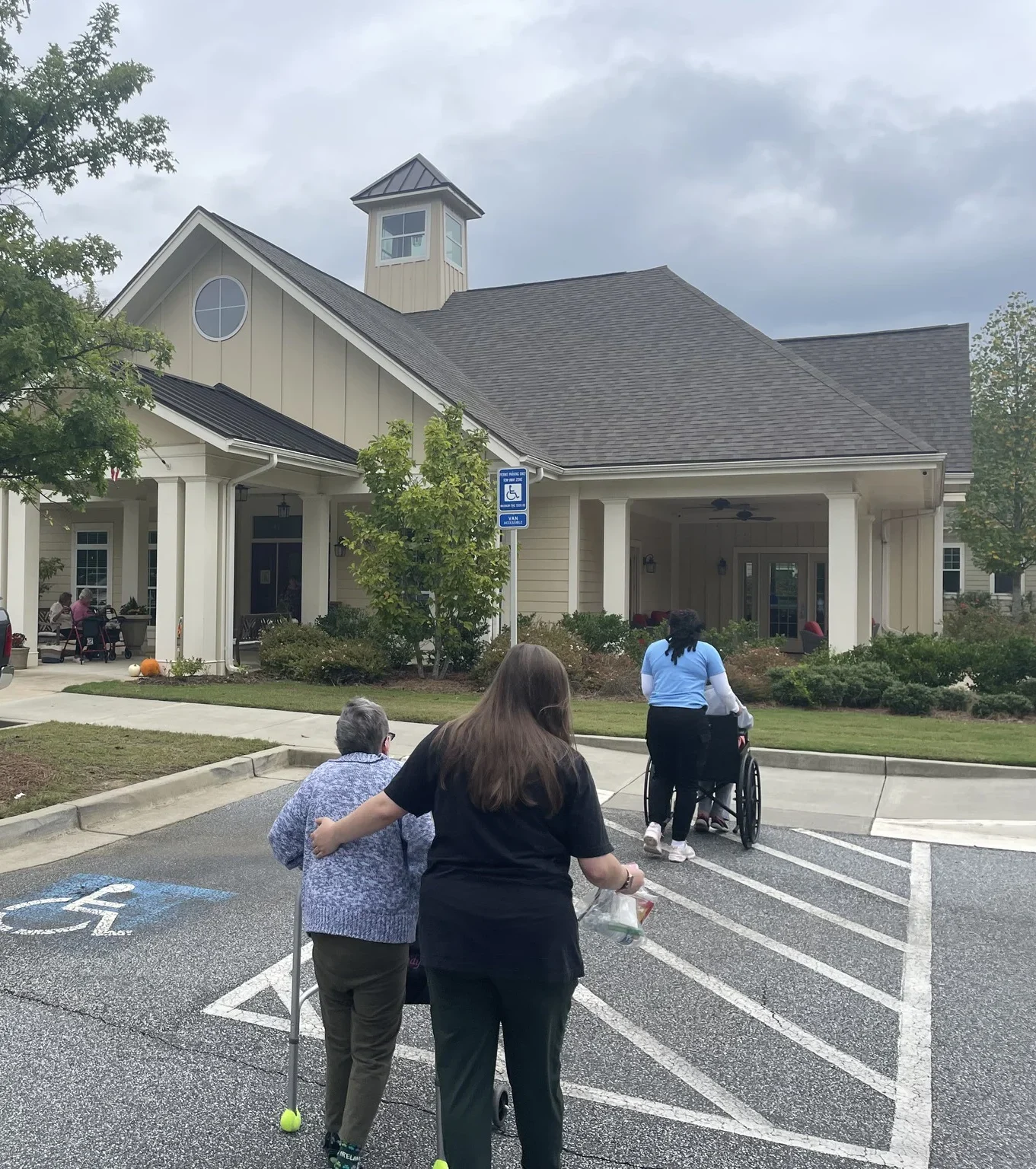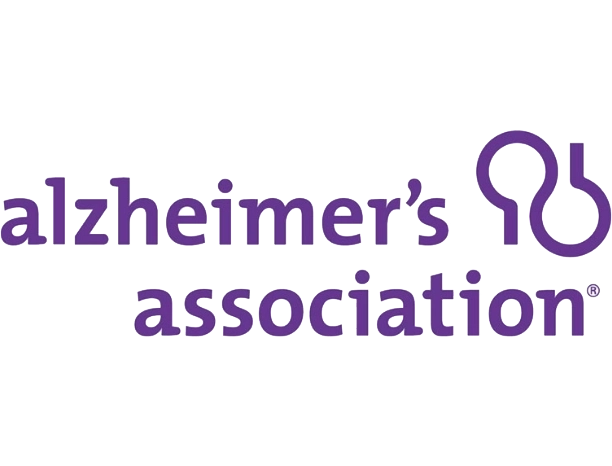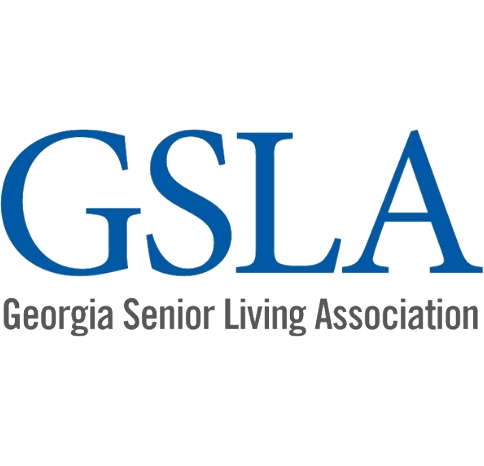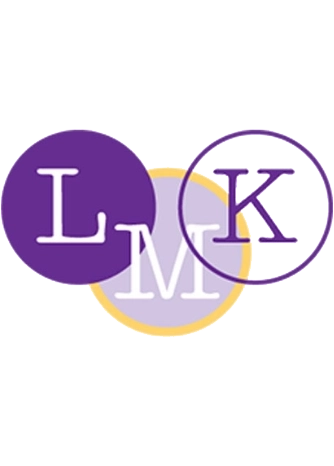

Oaks at Hampton | Resources

-
Lifestyle, Senior Living Enhancing Resident Experience: Recent Renovations Across Oaks Senior Living Communities
-
Alzheimer's Dementia, Senior Living, Stories Recognizing a True Trailblazer, Alex Salabarria
-
Lifestyle, Senior Living Heartfelt Assisted Living in Atlanta: Personalized Care at Every Turn at Camellia Place
-
Lifestyle, Senior Living The Benefits of Single-Story Living at Camellia Place

Here, you’ll find tools and insight to help you navigate your senior living journey. Browse the sections below to find the information you need.
If you have questions about anything, please contact us.
We’re here to help.
eBooks & Guides

-
Understanding Common Types of Dementia
Learn more about different types of dementia, their causes, and symptoms, and how memory care can offer the necessary support.
-
What is Respite Care?
Understand the different types of respite care and how it can be used to your family’s benefit.
-
Tips for Talking with Mom and Dad
Learn how to successfully talk with your parents about transitioning to senior living.
-
Transitioning to a Senior Living Community
Discover tips and strategies to ease the transition into senior living.
-
Benefits of Choosing a Family-Operated Senior Living Community
Understand your options and find the right senior living community for your family.
-
Social Activities for Seniors
Understand why social engagement is crucial for aging adults.
Checklists
Additional Tools & Guides
Bill Pay Support
Need help with Bill Pay?
Please fill out the contact form for assistance.
Support Groups

Oaks Senior Living Family Caregiver Support Group
Our support group is open to everyone — not just those whose loved ones reside at one of our senior communities. Please come and join us!
-
Oaks at Hampton
Family Support Group
Last Tuesday of every month at 5:30pm.
Community Resources
Below are some additional resources we believe will prove helpful to you in your decision process.
Helpful Articles
Books on Family Caregiving

Frequently Asked Questions
& Answers
-
How Does My Current Cost Of Living Compare To The Cost Of Oaks Senior Living?
-
Is There A Difference Between An Assisted Living Community and A Personal Care Home?
-
How Do I Discuss Memory Impairment With My Loved One?
-
Can Residents Have Visitors?
-
Are We Able To Take Residents Outside Of The Community?
-
What Are Your Apartment Sizes And Are They Furnished?
-
What Do We Need To Bring For Move In?




